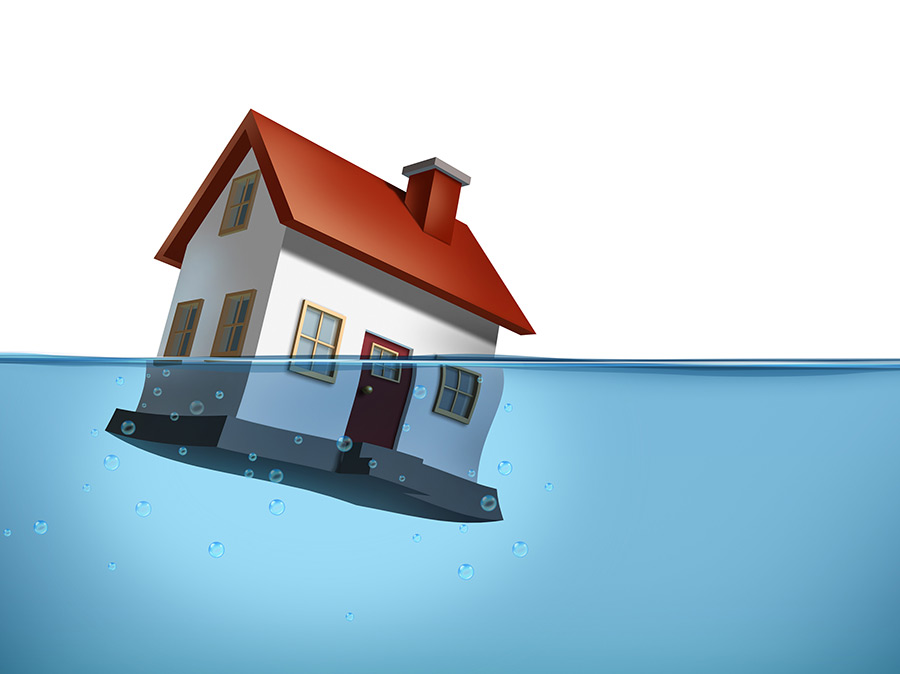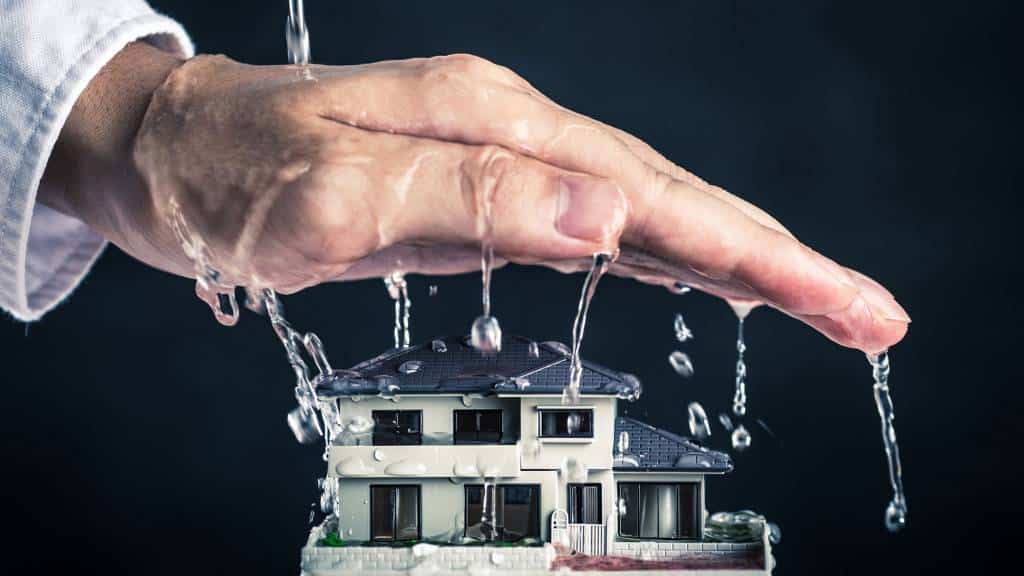Spot the Six Most Water Leak Causes Within Your House
Spot the Six Most Water Leak Causes Within Your House
Blog Article
The article in the next paragraphs pertaining to Top Causes of Home Water Leaks is without a doubt enlightening. Read it for your own benefit and decide what you think about it.

Leakages not just trigger waste of water however can also trigger unnecessary damages to your house and also promote unwanted organic growth. By looking and also recognizing for everyday situations that create leakages, you can safeguard your residence from future leakages and unnecessary damage.
Elbowing in origins
Many water leaks start outside your house instead of inside it. If you observe an unexpected decrease in water pressure, claim in your faucet, take some time to go out as well as analyze your backyard. You could see damp patches or sinkholes in your yard, and that could suggest that tree origins are getting into water lines triggering water to seep out. You can have your plumber look for breach, especially if you have trees or bushes near your residential or commercial property.
Corroded water supply
As time passes by, your plumbing system ages and rust such as corrosion might begin gnawing the pipelines. This could be the cause of staining or bending on your pipes. This requires an evaluation with your plumber promptly. If our plumbing system is old, consider replacing the pipes given that they are at a greater danger of corrosion than the more recent versions.
Defective Pipeline Joints
The point at which your pipelines link is often the weakest web link in the waterline. Pipe joints can degrade gradually, resulting in water leakages. Regrettably, most of pipe joints are not quickly noticeable. If you have noisy pipelines that make ticking or banging sounds, specifically when the warm water is activated, your pipeline joints are possibly under a great deal of stress. It is suggested to have your plumber inspect your system annually.
Instant temperature changes.
Severe temperature adjustments in our pipes can trigger them to expand and contract unexpectedly. This development and tightening might create cracks in the pipes, specifically if the temperature are below freezing. If you kept an eye on how your plumbing works, it would certainly be best. The existence of the formerly mentioned conditions often indicates a high risk.
Poor Water Connectors
At times, a leak can be created by loosened hoses as well as pipes that provide your appliances. In instance of a water links leakage, you might observe water running straight from the supply line or pools around your appliances.
Clogged Drains
Clogged drains pipes might be annoying and inconveniencing, however they can sometimes end up creating an overflow causing rupture pipes. Keep removing any type of materials that might decrease your drains that might clog them to stay clear of such aggravations.
All the above are causes of leaks but not all water leakages result from plumbing leakages; some leaks may originate from roof covering leakages. All leaks must be fixed right away to avoid water damage.
Leakages not just cause waste of water but can likewise create unneeded damage to your house as well as advertise unwanted organic growth. By recognizing and also looking for day-to-day circumstances that create leakages, you can protect your residence from future leaks as well as unneeded damages. Today, we will certainly look at six leak creates that may be creating your pipelines to leak.
At times, a leak can be caused by loosened pipes and pipelines that supply your home appliances. In instance of a water links leak, you may see water running directly from the supply line or pools around your appliances.
How To Check For Water Leak In Your Home
How To Check for Leaks
The average household's leaks can account for nearly 10,000 gallons of water wasted every year and ten percent of homes have leaks that waste 90 gallons or more per day. Common types of leaks found in the home are worn toilet flappers, dripping faucets, and other leaking valves. These types of leaks are often easy to fix, requiring only a few tools and hardware that can pay for themselves in water savings. Fixing easily corrected household water leaks can save homeowners about 10 percent on their water bills.
To check for leaks in your home, you first need to determine whether you're wasting water and then identify the source of the leak. Here are some tips for finding leaks:
Take a look at your water usage during a colder month, such as January or February. If a family of four exceeds 12,000 gallons per month, there are serious leaks.
Check your water meter before and after a two-hour period when no water is being used. If the meter changes at all, you probably have a leak.
Identify toilet leaks by placing a drop of food coloring in the toilet tank. If any color shows up in the bowl after 10 minutes, you have a leak. (Be sure to flush immediately after the experiment to avoid staining the tank.)
Examine faucet gaskets and pipe fittings for any water on the outside of the pipe to check for surface leaks.
Undetected water leaks can happen without the home or business owner even realizing. If you suspect a water leak, but not able to find the source. It is time to contact a professional water leak detection service, The Leak Doctor.
How To Find a Water Leak In Your Home
https://www.leakdoctor.com/blog/How-To-Check-For-Water-Leak-In-Your-Home_AE197.html

We are very serious about How to detect water leaks in your home and I am assuming you liked our blog posting. Sharing is caring. Helping others is fun. I recognize the value of reading our article about Common Water Leaks In House.
Suggested Site Report this page